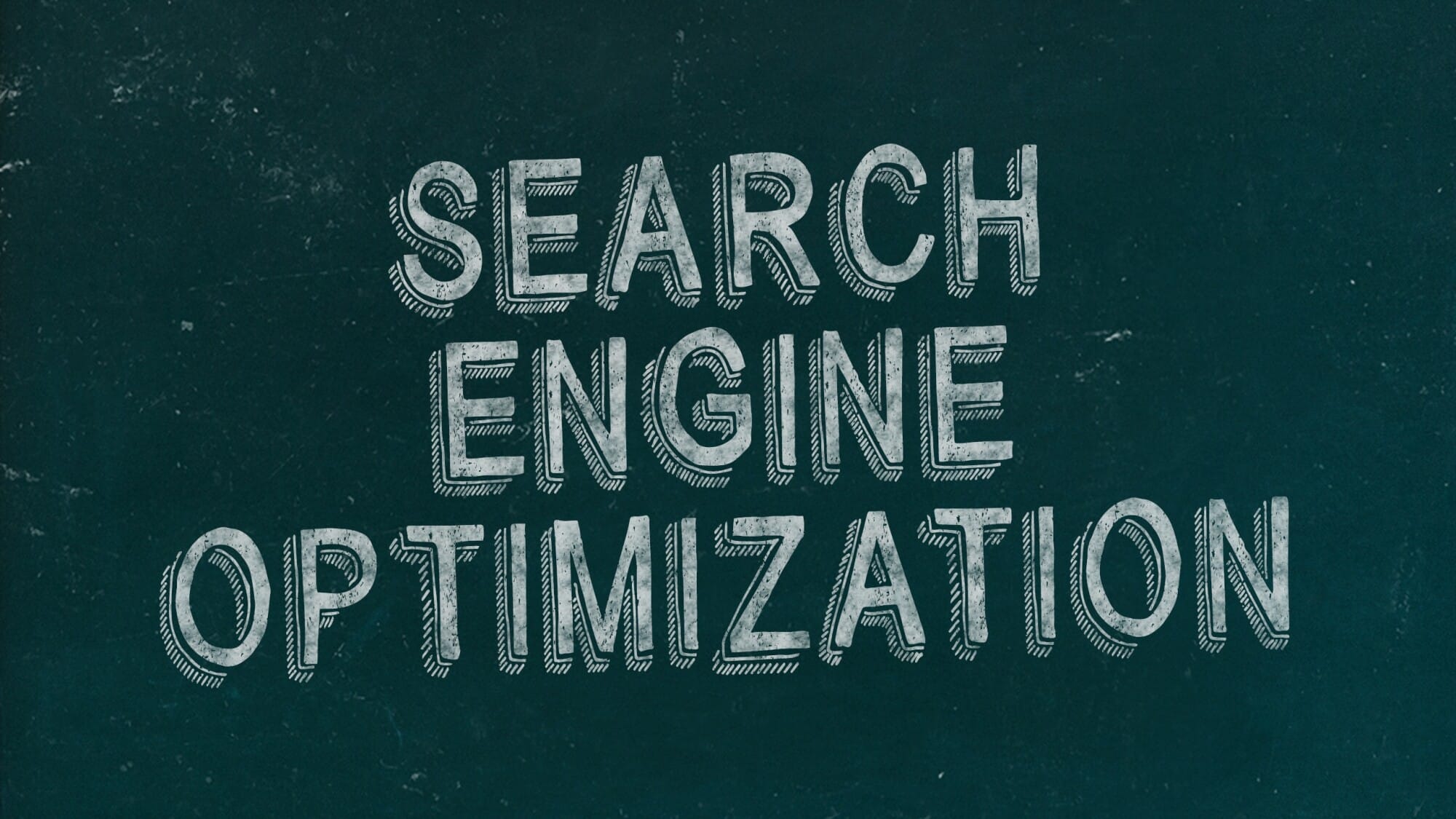
As a business owner, you know the importance of keeping up with the latest trends in your industry and how your website’s user experience affects SEO.
As a result, you’re always on the lookout to find ways to improve and optimize your website so you can reach more potential customers and ultimately grow your business.
But did you know that one critical way to do this is by focusing on user experience?
User experience (UX) plays an integral role in SEO, as it has become increasingly influential regarding search engine rankings.
In this post, we discuss how UX affects SEO, its essential elements, and what businesses should do to ensure their website provides users with an optimal experience to stay ahead online.
What is user experience, and how user experience affects SEO?
A great user experience is paramount when designing a website. How visitors interact with your page matters to SEO, as Google considers how people engage and stay on a page regarding ranking factors.
By looking at how user experience affects SEO and implementing best practices alongside web design features that keep visitors engaged and coming back for more, you can reap the rewards of increased visibility in search results.
Sound SEO strategies should be built upon good user experiences, enabling potential customers to find what they need quickly and easily on your website.
A positive user experience has SEO benefits and increases visitors’ loyalty, so ensure that providing a smooth user journey is high on your list of priorities!
The importance of a good user experience for SEO.
A good user experience (UX) is essential for search engine optimization (SEO).
Ensuring an enjoyable and seamless navigational journey for search engine users can help your website appear higher on search engine results pages, leading to a higher ranking.
An improved UX will bring you more visitors and increase your conversion rate by providing a better experience for your customers – which makes optimizing your website for search engines even more important.
Looking at how user experience affects SEO strategy goes hand-in-hand. Together they make up the perfect combination for delivering a successful website.
Utilizing both will allow you to get the most out of search engine optimization and give users the experience they expect – making sure they keep coming back!
Factors that influence user experience.
Since people now have an attention span of fewer than eight seconds, lower than a Goldfish’s at nine, you only have a little time to attract and hold your customers’ attention.
Several factors have a direct influence on how the user experience affects SEO within websites.
To start, page speed and load time make a huge difference; users are highly likely to leave and go elsewhere if the page is loading slowly or not at all.
Additionally, ensuring your website is user-friendly is essential – from the navigation to customer service inquiries – as this makes it easier for users to interact with your page rather than making them feel lost and confused.
UX design should be optimized for visitors, too, as this improves their confidence in the website and helps you cut down on the high bounce rates.
Successful user experience requires thorough research into what specific customer needs are. In addition, everything on the page must be informative and aesthetically pleasing to grab attention and provide an enjoyable customer experience.

How to improve user experience on your website.
Improving user experience affects SEO on your website in a positive way and has advantages from increasing customer trust and engagement.
Think of the website experience from the visitor’s point of view. They’re more likely to return for future visits if they have an enjoyable, efficient, and easy-to-use site.
When making improvements, it’s essential to consider factors such as loading time, navigation elements, and design. For example, people should be able to navigate between pages quickly with virtually no loading time. This means cutting down on heavy images, which can slow load times drastically.
It’s also important to keep menus and dropdown items consistent across all pages. If visitors can easily click around, they are more likely to be engaged with what you have to offer.
Lastly, make sure the overall design is consistent but also intuitive. Remember that visuals can hold enough power on their own!
Ultimately, keeping up with the latest UX trends (alongside traditional principles) will help ensure your website remains user-friendly and inviting.
Examples of companies with great user experiences.
The web is getting more complex with time, and companies understand the importance of how crafting a great user experience affects SEO on their web pages in a positive manor.
Take Google, for example — they’ve perfected their algorithm over the years to ensure web pages rank highly when users make a search query.
It’s no surprise that many companies have followed Google’s lead to prioritize the ranking of their sites and the usability of their web design.
Despite this, there are still only a handful of companies with exceptional user experiences on their websites.
From fast navigation between pages to basic web elements (such as buttons and forms) being optimized for ease of use, these businesses are ahead of the curve when it comes to web usability and design.
Some excellent examples of big brands with web pages whose designs make for enjoyable browsing experiences are Airbnb, Apple, Credit Karma, and Google Store. These companies have done an impressive job of making their web pages aesthetically pleasing and easy to use.
The future of SEO and user experience.
As technology continues to evolve, how user experience affects SEO for websites is also changing.
Google’s algorithm has become more advanced in recent years, meaning digital marketing strategists must adjust to ensure their websites appear higher on web searches and use better website design for a positive user experience.
It has become increasingly important for websites to be optimized for both SEO and UX as Google considers the speed and overall structure of the user experience when ranking them.
Companies worldwide often hire digital marketing professionals specifically to optimize the UX/SEO in addition to all of the other duties associated with creating an effective digital presence.
In the future, even more changes could challenge current standards. Still, one thing remains constant: quality content combined with superb usability ultimately equals success online.
Contact the experts at Wizard Marketing to create that excellent user experience that drives conversions and improves SEO!


